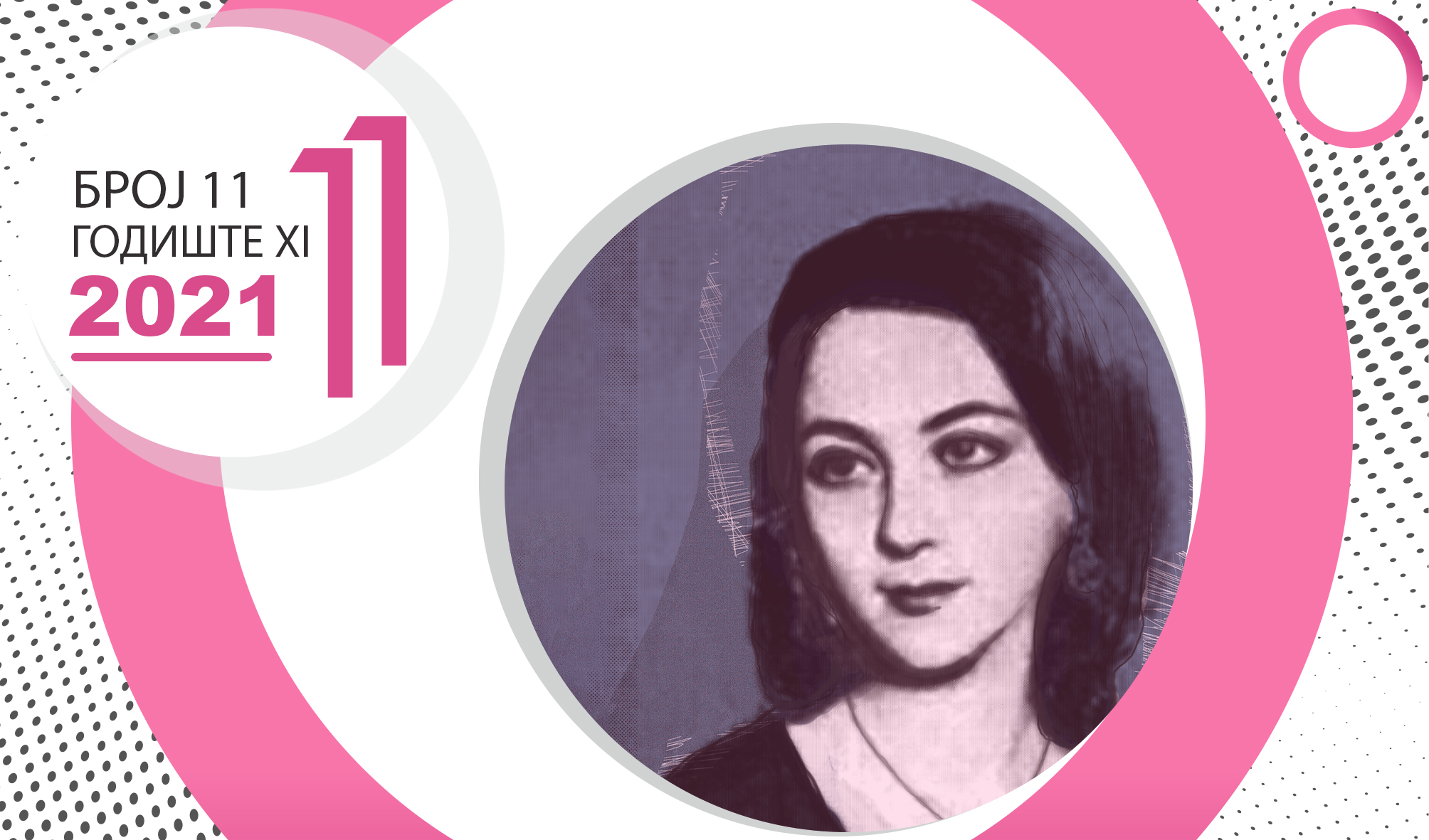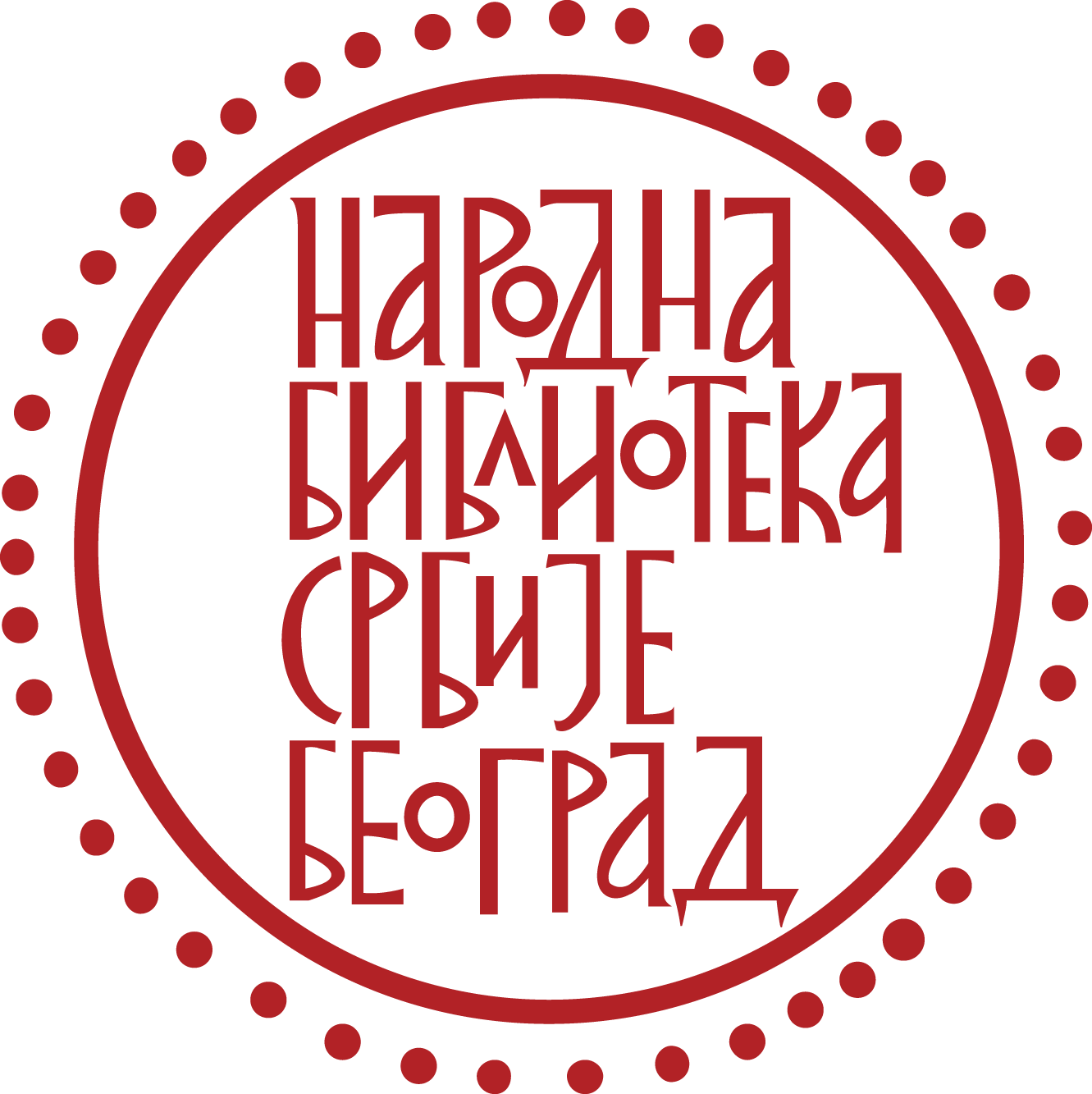Teodora Kosmowska Krajewska's Memoirs: Emancipatory Discourse on the Position of Women in Bosnia and Herzegovina
DOI:
https://doi.org/10.18485/knjiz.2021.11.11.8Keywords:
memoirs, herstory, emancipatory discourse, cultural memory, Teodora KrajewskaAbstract
In this paper I analyse Memoirs, written by a Polish woman, Teodora (née Kosmowska) Krajewska (1854–1935), in the context of emancipatory discourse. The aim is to point out the strategies of Krajewska’s actions towards the cultural and physical emancipation of Bosnian women in the aforementioned context, what obstacles she had to overcome in this process and why her Memoirs are important in the cultural memory of women’s history. Krajewska worked as a doctor and teacher in Bosnia and Herzegovina for 34 years and made a strong impression there. Memoirs, as a bearer of memory, are important from the perspective of the history of women, herstory, especially the history of BiH Muslim women, who had no voice until then. They are also important as an exceptional element in the creation of a transnational network of female authorship narratives in general. One of the research perspectives in the context of winning a place for herstory in cultural memory is the experience of the female body. In this context, I give consideration to how understanding femininity through the prism of the body and its biological nature influences the process of forgetting/remembering and thus the absence/presence of narratives by women and about women in cultural memory. I refer, therefore, to the notion of gender in Maria Solarska’s interpretation in Encyclopedia gender: płeć w kulturze (Encyclopaedia of Gender: Sex in Culture) and the description of the relationship between femininity and power by Agnieszka Zembrzuska in Problem ślepoty rodzajowej u Michela Foucault (The Problem of Gender Blindness in Michel Foucault). I place the category of Alaida Assmann’s cultural memory, which she explains in the anthology Między historią a pamięcią (Between History and Memory), within this theoretical and methodological framework and I use it in correlation with the notion of corporeality as defined by Ewa Hyży in Kobieta. Ciało. Tożsamość. Teorie podmiotu w filozofii feministycznej końca XX wieku (Woman. Body. Identity. Theories of the Subject in Feminist Philosophy at the End of the 20th Century). In the paper, I follow the emancipatory steps of Krajewska, who educated and treated Bosnian women, sharply criticising them, but also offering her full understanding, empathy and affection. In a detailed and quite special way, Krajewska’s autobiographical records show how a Polish physician influenced the process of the emancipation of Bosnian women.











